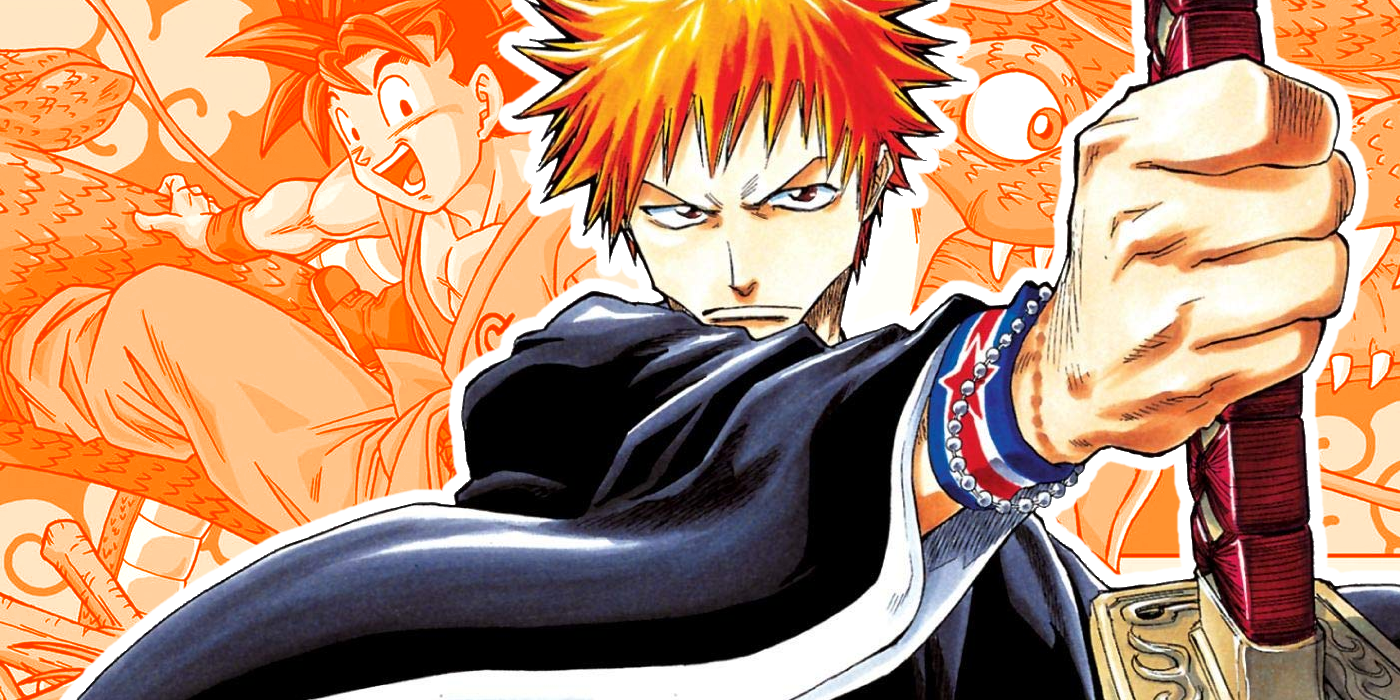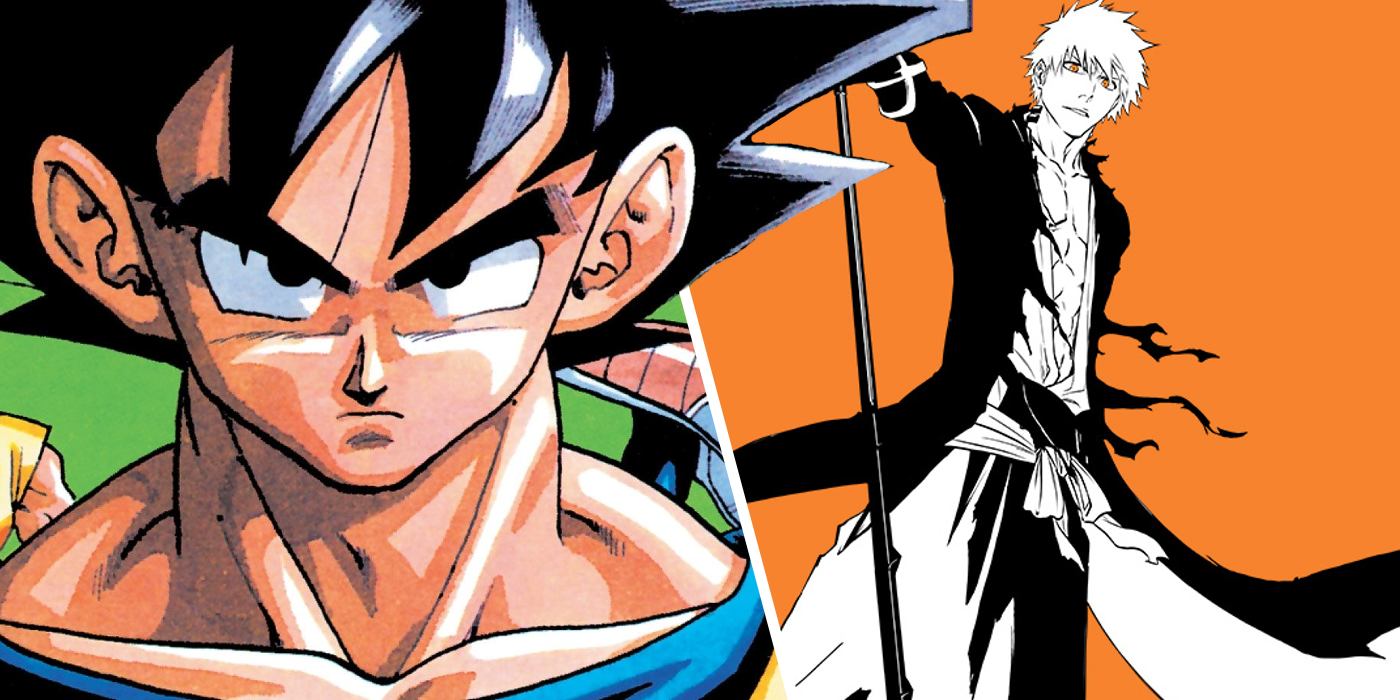While huge franchises like Dragon Ball may make it look easy, manga is a difficult industry to succeed in, and many an aspiring mangaka calls it quits before getting their big break; even the biggest names in the industry, like Bleach's Tite Kubo, had moments of doubt and hopelessness. Many fans believe that Bleach may never have seen the light of day if it weren't for Dragon Ball's Akira Toriyama coming through in a dark moment, but how true is this supposed origin story?
Bleach began serialization in 2001 as Tite Kubo's second manga in Shonen Jump. His first, Zombiepowder, was unceremoniously canceled after 27 chapters, leaving Kubo discouraged. Tite Kubo has also said that he was quite stressed for personal reasons during Zombiepowder's run, and - combined with the shock of a weekly writing schedule and overwhelming editorial feedback - all these issues together had him in a difficult place by the series' cancellation in 2000.
The story goes that Kubo put together a first pitch of Bleach for Shonen Jump, but the magazine's editors passed on it. The harsh rejection left Kubo questioning whether he belonged in the manga industry, despite it having been his dream since grade school. A 2008 interview with the Los Angeles Times (via the Wayback Machine) repeats this, claiming that Akira Toriyama saw the pitch for Bleach and wrote a letter to Kubo, encouraging him to stick with it. When Bleach was pitched again, Shonen Jump agreed to serialize it, and the rest is manga history. The tale is similarly recounted on the Bleach fan wiki, and even outlets like Crunchyroll have repeated it. In some versions, the reason given for Bleach's rejection is being "too similar to Yu Yu Hakusho."
However, some fans are skeptical of this claim. The article is written such that this anecdote isn't a quote from Kubo, but rather appears to have originated from the interviewer's research on Bleach, and the story appears online well before 2008. Both Bleach and Dragon Ball fans began searching for an original Japanese interview where Kubo or Toriyama recounted the incident, but in all the time since, no evidence has been found. Rather, it can be traced back to a single English-language Bleach fan site from the early 2000s, which provides no source at all for the claim. As a result, many have concluded that the story can't be trusted, especially when contemporary reports of Bleach's first one-shot appearance indicate that it was exceptionally popular.
It's true that Kubo looked up to Toriyama; in a conversation with My Hero Academia's Kohei Horikoshi published in the new My Hero Academia: Ultra Analysis book, Kubo mentions seeing the Dragon Ball era as Shonen Jump's golden age, and his affection for the series comes up in many other interviews. He even says that he's kept almost every piece of fan art or fan mail that he's received over the years, but never once mentions receiving anything from Toriyama directly. There's also no indication that Bleach was ever in danger behind the scenes at Shonen Jump either.
As big as Bleach eventually became, it's tempting for those looking to understand its success to arrive at these sorts of "mythologized" origins. It's likely that, by having Bleach saved by Toriyama's intervention, this story offers a kind of legitimacy to Bleach as the true successor of the shonen action manga throne. It also implies that there was something inherently special about Bleach that meant it was always destined for greatness, and that Toriyama's incredibly skilled eye spotted that instantly, even when the editors had missed it. This kind of after-the-fact explanation and justification for success happens a lot. The truth, whether the Dragon Ball story is true or not, is that Bleach wasn't destined for anything, and its success is due to hard work and a bit of luck, like most everything else.
Source: Los Angeles Times (via the Wayback Machine)


